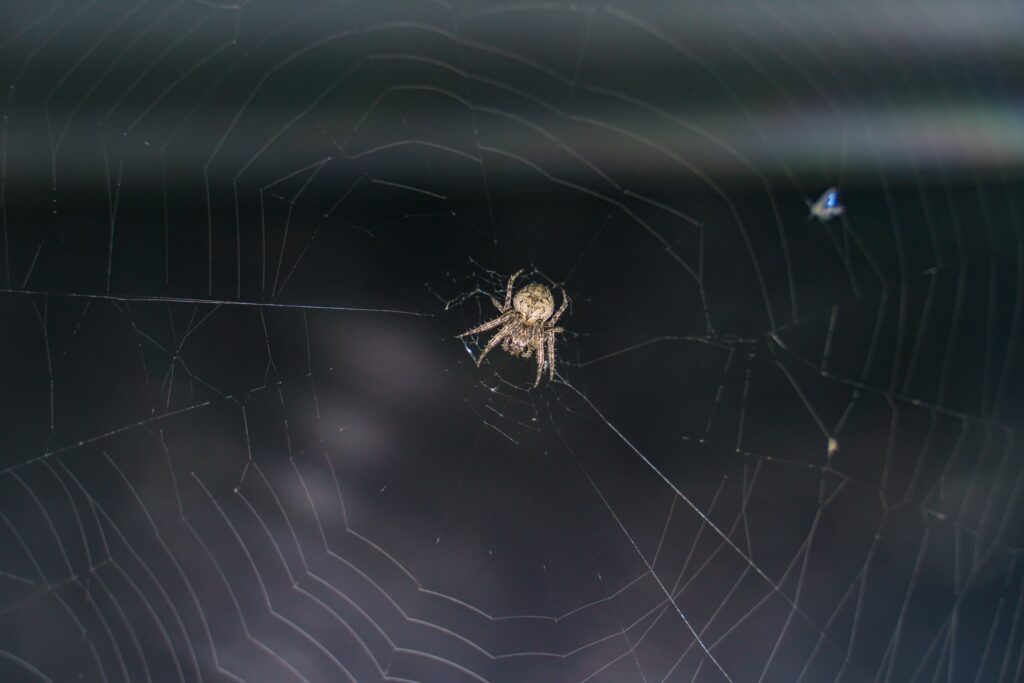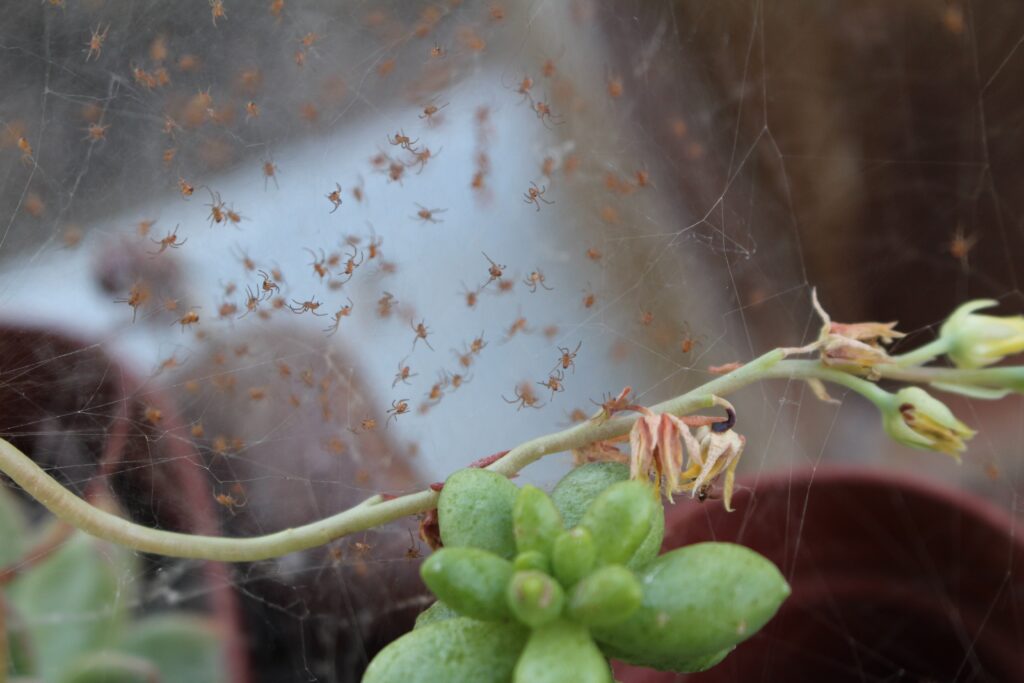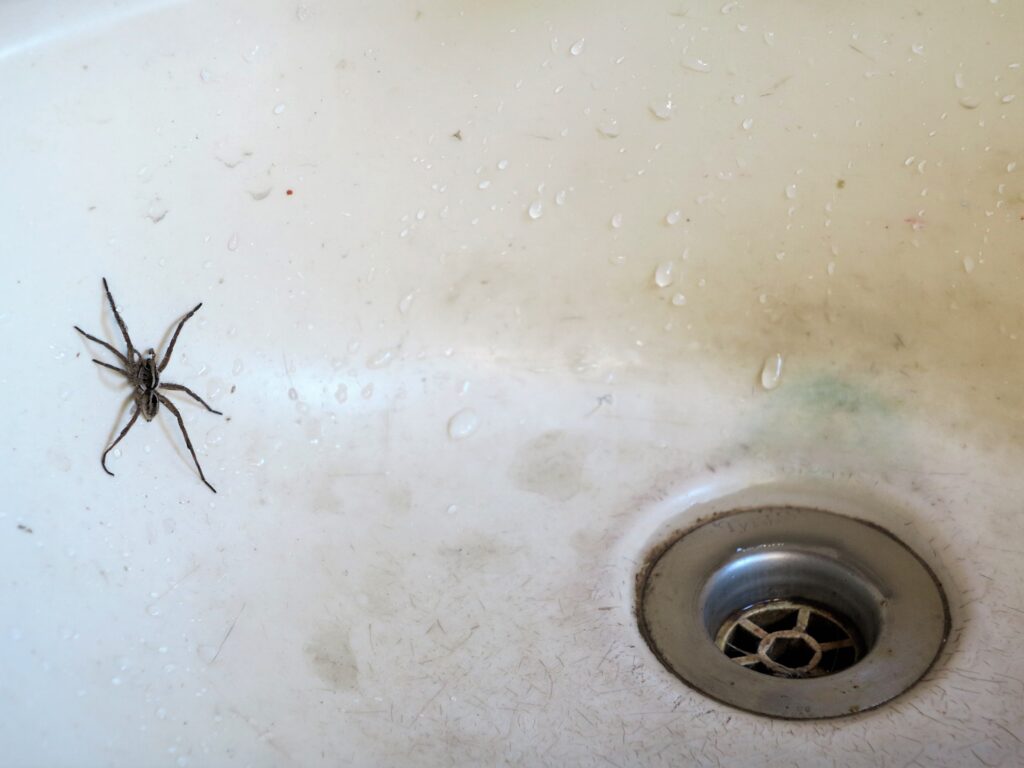Why Do I Have So Many Spiders in My Basement?
Learn What Attracts Spiders & How to Get Rid of These Pests
A basement is generally intended to store your items, not spiders.
Except the dark, moist, and cluttered or rarely cleaned environment of most basements is particularly attractive to the eight-legged insects.
Spiders are not uncommon in New England residences or buildings. Fortunately, most indoor spiders are harmless to people and pets.
But, if left unchecked – and under the right conditions – a few can turn into an infestation.
The possibility of amassing a large population of the creepy crawlers, known as a cluster, is enough to make any homeowner or property owner shudder.
To prevent the basement or cellar from becoming home to a thriving cluster of spiders, property owners should learn what attracts spiders to basements and how to keep an infestation from intensifying until expert help can arrive.
Darkness
Basements tend to get overtaken by spiders because there is an abundance of dark, quiet corners for the pests to inhabit.
Spiders are natural introverts that prefer isolation. As a result, poorly lit, undisturbed areas of a home or building seem inviting to the creatures. Spiders are also nocturnal, being most active at night.
From an evolutionary standpoint, darkness is a key aspect of a spider’s survival strategy. Under the cover of night, the insects can remain hidden from predators such as birds, bats, and even wasps.

But most house spiders have adapted to life indoors, never needing to leave the cellar of a home or business.

Once a house spider moves in, the insect becomes a lifelong roommate. So long as it is allowed, a house spider will continue raising generations of its kind inside the property.
Installing LED lights throughout an underground den or room can momentarily discourage spiders from hunting, mating, and spinning webs out of fear of being detected by predators.
LED lights are more cost-effective as well as brighter than regular halogen lights.
Until a professional can be enlisted to deal with a spider cluster or infestation, setting up some LED lighting fixtures in the affected areas may succeed in keeping the pests at bay.
Clutter, Dirt, & Dust
For spiders, clutter offers added protection from predators and a framework for female spiders to weave cobwebs, which the insects create to trap prey, travel, encase or shield egg sacs and spiderlings.
Female spiders typically store egg sacs in dark spaces to ensure the survival of their offspring.
It is not uncommon for a single female house spider to lay up to 4,000 eggs in her year-long lifetime or multiple egg sacs each containing 250 or more eggs.
Only female spiders build webs, so if a basement is covered in the cobwebs, it is a sure sign that the property will start attracting male spiders as well.

Cluttered or neglected cellars also collect dust. This attracts other pests, including carpet beetles, small flies, and tiny mold-eating pests such as booklice — all of which are incredibly appetizing to spiders.
While a space that has already been infested with spiders requires more than a routine cleanup to address the issue, homeowners or business owners can stymie the problem from expanding to other parts of the property by:
- Vacuuming cobwebs
- Organizing or removing clutter
- Moving items such as firewood and gardening supplies outside
- Spraying natural spider repellents — namely peppermint, citrus, and eucalyptus — around the area
Although not a failsafe solution, these precautions can be integral to undermining a spider infestation while waiting for pest control technicians to get involved.
Moisture
Buildings that struggle with ventilation issues may experience increased humidity and moisture in the basement. To spiders, a moist space can serve as a continuous source for both food and water.
Damp cellars promote mildew and mold growth in the pipes, cracks in the walls or flooring, dysfunctional dehumidifiers, and inside drainage systems.
Bugs such as psocids and drain flies feed on the mold, mildew, and biosolids that form in moist basements — making prey even more accessible to spiders.

It’s essential to remove excess moisture from an affected space.
Aside from the health complications that come with inhaling mold or mildew particles, such as respiratory problems, an overly humid cellar supports the ecosystem that spiders and other pests require to flourish.
Other necessary measures include sealing cracks and crevices in the walls and floors with caulk. Such gaps, however small, are entry points for household insects of all types.
Remove Spiders From Your Basement with Catseye Pest Control
Even though spiders can act as nature’s pest controllers by eliminating disease-transmitting house pests such as filth flies, letting a cluster containing at least several hundred spiders inhabit a single space is unsightly and unsettling.
Eradicating spiders from a basement or an attic starts with getting rid of the primary food sources for the pests — other insects.
Complete spider removal requires continuous regulation, making the Platinum Home Protection Program with Spider Control from Catseye Pest Control a holistic solution.
Our licensed pest management technicians can customize a plan that addresses all aspects of the problem, from destroying the spider cluster’s habitat to installing tailormade barriers that can prevent reinfestation.
Get back your basement and your sanity with help from the leading experts in commercial and residential pest and nuisance wildlife control. Contact us to schedule a free inspection today.
The post Why Do I Have So Many Spiders in My Basement? appeared first on Catseye Pest Control.
This article appeared first on Catseye Pest